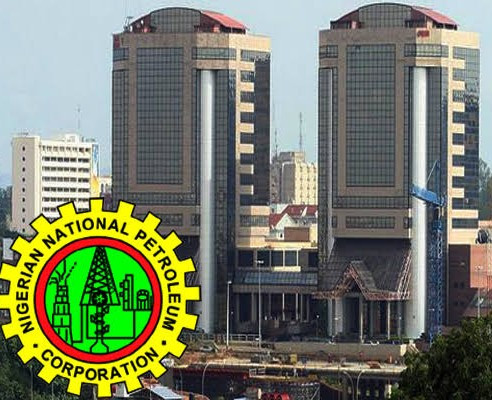The 14th Emir of Kano, Muhammad Sanusi II, says the Nigerian National Petroleum Company (NNPC) must be unbundled and disbanded for Nigeria to drive maximum benefit of its oil resources.
Sanusi, who is the Vice Chairman of Kaduna State Investment Promotion Agency (KADIPA), made the call in a paper he presented on Saturday at the ongoing 7th Kaduna Economic and Investment Summit.
The paper is titled: ‘Improving Sub-nationals Resilience Against Global Economic Stock’.
According to him, the unbundling of the company will ensure effective and efficient management of the country’s oil sector.
“NNPC is a money pit instead of a cash cow; it should be unbundled and disbanded.
“More can be had from simply levying royalties and CIT on private players following models like that of Petronas and Petrobras,” he said.
According to him, regardless of the oil price environment, the problems in the sector have been entirely of Nigeria’s making.
He lamented that the Federal Government is set to collect just $2.9 billion in oil proceeds this year, compared with nearly $60 billion in 2011.
Sanusi described the situation as one of the biggest oversights in public financial management anywhere in emerging markets.
“In some ways Nigeria’s problems are not a failure of the system because it is working as one would expect, but a failure of design and a failure of implementation.
“In the current environment, the first and most obvious problem is the existence of the fuel subsidy and opportunities this creates for fraud.
“The average daily fuel consumption in Nigeria (by the NNPC’s admission) is 66 million litres per day, and on some days as high as 100 million litres per day.
“This is roughly equivalent to where Indonesia consumed in 2019, a country with nearly three times Nigeria’s GDP per capita, two times the number of vehicles and 2.5 times the size of the road network.
“A different way to benchmark Nigeria’s consumption is to look at PMS consumed by each vehicle on a daily basis.
“On this metric, Nigeria even outranks Iran, a country with three to four times its level of wealth and a road network that is three times the size on a per capita basis.
“And this is not just the impact of subsidies because in Iran, official fuel price are 5 US cents per litre, less than 15% of the pump price in Nigeria,” he added.
On the spiralling inflation, he said it was largely due to the ‘relentless rise’ in the US dollar, which was causing widespread and painful currency adjustments in most of Africa.
This, he said, was a more important driver of inflation than the underlying moves in commodity prices.
“Since the start of the Ukraine war, crude oil prices are 5% lower, rice prices are 12% higher, and wheat prices are flat.
“The trade-weighted US dollar, however, is 17% stronger in this period, the sharpest upward move since the early 1980s, this is what is causing the pain in emerging markets.”
Sanusi advised states to push for new and independent power of taxation, noting that presently, only 50% of states generate enough recurrent revenue to cover wages, overheads and debt service.
He also urged states to find ways to free themselves from the effects of leakages and unorthodox policies at the Federal level.




